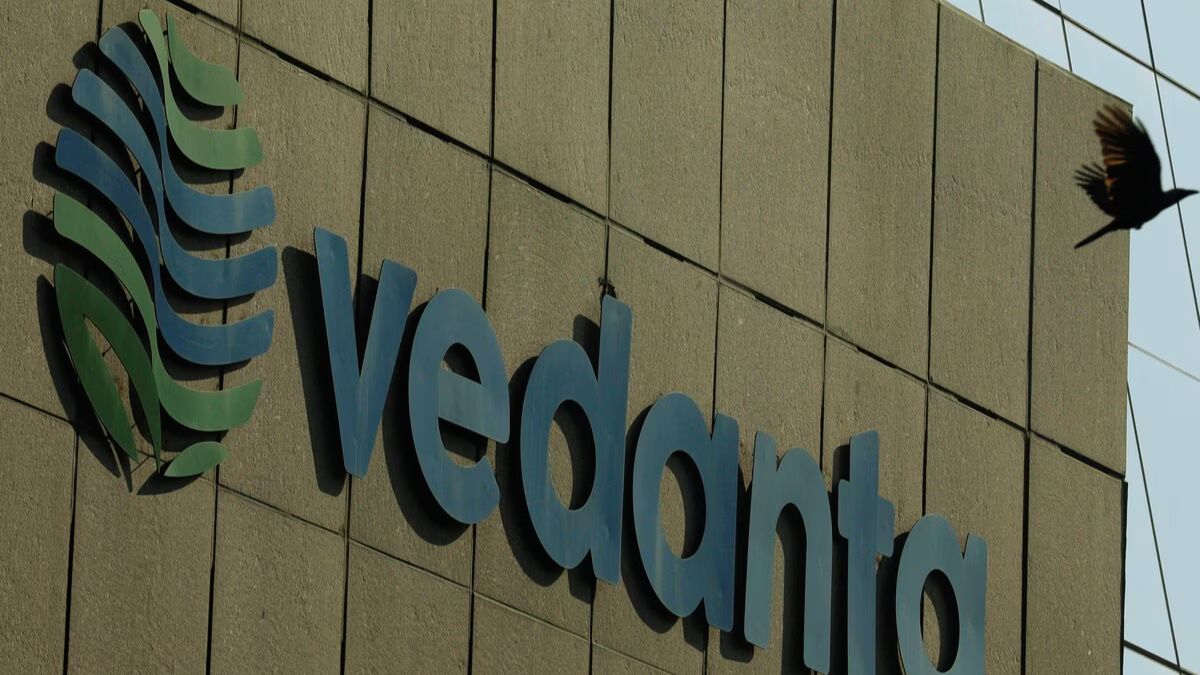The demerger plans of Vedanta Resources are closely watched by investors. It is expected that the company’s restructuring plan will have a significant impact on shareholder value, which involves separating its Indian-listed businesses from its global operations. Through the demerger, corporate governance will be enhanced, operations will be simplified, and operational efficiency will increase. Demerger success will depend on a number of factors, including regulatory approvals, market conditions, and execution.
Vedanta Demerger Plan
The demerger plan of Vedanta Limited has been updated, with the company deciding not to separate its base metal units for the time being. Base metals will be split when the company receives a better opportunity to maximize shareholder returns.
Due to the demerger, Vedanta will now be divided into five separate companies instead of six. An overview of the revised structure can be found here:
- Vedanta Limited: The parent company will include:
- Hindustan Zinc
- Zinc International
- Copper business in Thoothukudi
- Facor business
- Vedanta Aluminum Metal: This entity will focus on the aluminum business, covering:
- Smelters at Jharsuguda and Balco
- Alumina refinery at Lanjigarh
- Sijimali bauxite mine
- Captive coal mines and power plants
- Vedanta Power: The Talwandi Sabo Power business will become Vedanta Power Company, managing all merchant power plants owned by Vedanta.
- Vedanta Iron and Steel: This entity will oversee:
- Iron ore mines in Goa, Karnataka, and Liberia
- ESL steel plant in Jharkhand
- Vedanta Oil and Gas: Malco Energy will be renamed Vedanta Oil & Gas and will include the Cairn Oil & Gas business.
As a result of this streamlined plan, Vedanta will be able to unlock value in its base metals business while keeping it under one roof until it’s ready to split.
Growth Potential After the Demerger
As a result of Vedanta Limited’s demerger, its separate companies will have significant growth opportunities. Emkay Research has projected the potential performance of each business segment as follows:
- Vedanta Ltd:
- The parent company is projected to achieve an EBITDA CAGR (Compound Annual Growth Rate) of 16.5% between FY24 and FY27.
- Vedanta Aluminium:
- Emerging as a standout winner, this segment benefits from favorable pricing trends and enhanced integration efforts.
- It is expected to deliver an impressive EBITDA CAGR of 35.5% during FY24-FY27.
- Vedanta Oil & Gas:
- This entity is forecasted to generate an EBITDA of ₹7,430 crore in FY26.
- Vedanta Iron & Steel:
- It is projected to contribute an EBITDA of ₹3,910 crore in FY26.
- Vedanta Power:
- With increasing power demand and plans to add over 2 GW of thermal capacity by FY25-26, this segment is poised for robust growth.
- The company is expected to start generating positive free cash flow from FY26 onwards, making it an attractive option for investors.
By demerging, Vedanta can capitalize on each of its strengths, resulting in greater efficiency and value creation for stakeholders.
Benfits for Investor
Vedanta’s decision to split into five separate companies will benefit its investors significantly. Here are a few reasons why demergers offer profitable opportunities:
- Market Cap Growth:
- Currently, Vedanta’s market capitalization is ₹1.80 lakh crore (as of December 26, 2024).
- Post-demerger, the combined market cap of the five listed companies is projected to rise to ₹2.73 lakh crore (as per Emkay Research), indicating substantial upside potential for investors.
- Unlocking Value:
- Splitting into distinct, pure-play companies allows each entity to focus on its core business.
- Investors can now gain targeted exposure to specific commodity sectors like aluminum, oil and gas, ferrous metals, copper, and power.
- Higher Valuations:
- Pure-play companies often command better valuations compared to diversified conglomerates.
- This restructuring is expected to lead to a re-rating of the newly formed entities, boosting their market value.
- Tailored Investments:
- Investors can build portfolios based on their preferences and commodity outlook without being tied to unrelated sectors within the conglomerate.
- Undervalued Segments:
- Experts believe the market currently values only Vedanta and Vedanta Aluminium, leaving the other demerged businesses—oil and gas, ferrous metals, copper, and power—nearly unpriced.
- This means investors are essentially getting these businesses “for free,” creating a significant value opportunity.
- Potential Upside:
- Analysts estimate that Vedanta shareholders could see a 45% upside post-demerger, driven by the improved valuations and individual focus of the new companies.
Vedanta and its shareholders benefit from the demerger not only because it simplifies the business structure but also because it enhances transparency and potential returns.
Vedanta Demerger Date
Vedanta Limited’s Chairman, Anil Agarwal, recently shared that the demerger process is expected to finish by the first quarter of next year. He also mentioned, “We will have a strong dividend policy, and I believe the share price will perform well.” Agarwal further stated that the businesses under the new companies are seeing strong demand.

